
Cold sores are painful, unsightly blisters that break out around the nose and mouth. These sores are caused by the herpes simplex virus. They’re made worse by foods high in arginine because the amino acid arginine is associated with the reproduction of the virus.
On the other hand, the amino acid lysine helps to keep cold sores under control. Eating foods rich in lysine and other nutrients could help prevent and heal cold sore breakouts.
If you’re interested in learning more, read through this list of the 15 best foods for cold sores. At the end of the list, I’ll share three meal ideas for fighting cold sores or fever blisters immediately.
15 Fantastic Foods For Crushing Cold Sores
- Black Beans
- Poultry
- Quinoa
- Eggs
- Lentils
- Apricots
- Yogurt
- Avocado
- Tomatoes
- Lean Beef
- Salmon
- Pears
- Potatoes
- Pumpkin Seeds
- Cheese
Black Beans
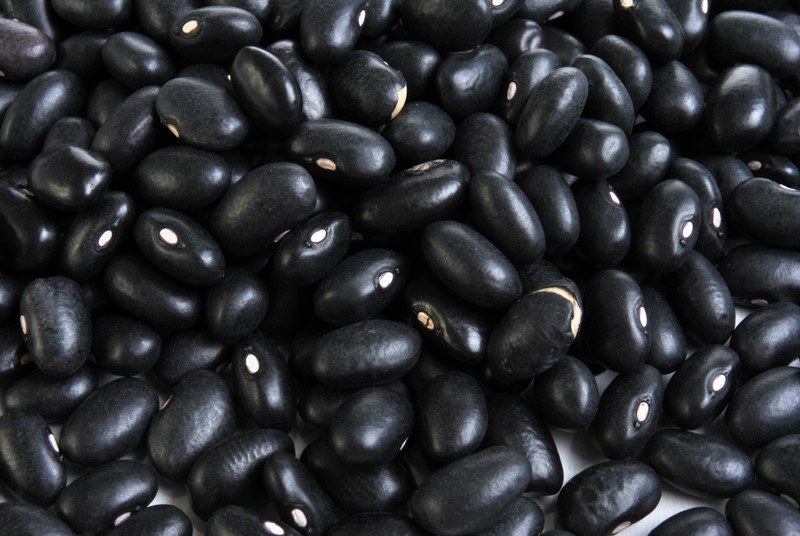
Black beans are rich in lysine, the amino acid that’s known to help out with cold sores. A one-cup serving of black beans provides around 137% of the daily recommendation for lysine. It’s also relatively low in arginine, the amino acid that causes the virus responsible for cold sores to reproduce.
Black beans have health benefits beyond helping with cold sores, too. Black beans are rich in fiber. A cup of black beans provides 107% of the daily recommendation for fiber, as well as 178% for the amino acid tryptophan. Tryptophan is important because the body uses it to produce 5-HTP, a precursor for the neurotransmitter serotonin, as well as niacin. For more tryptophan-rich foods, see our list here.
Black beans are also rich in several other B vitamins, folate, and minerals such as potassium, magnesium, calcium, and iron.
Poultry
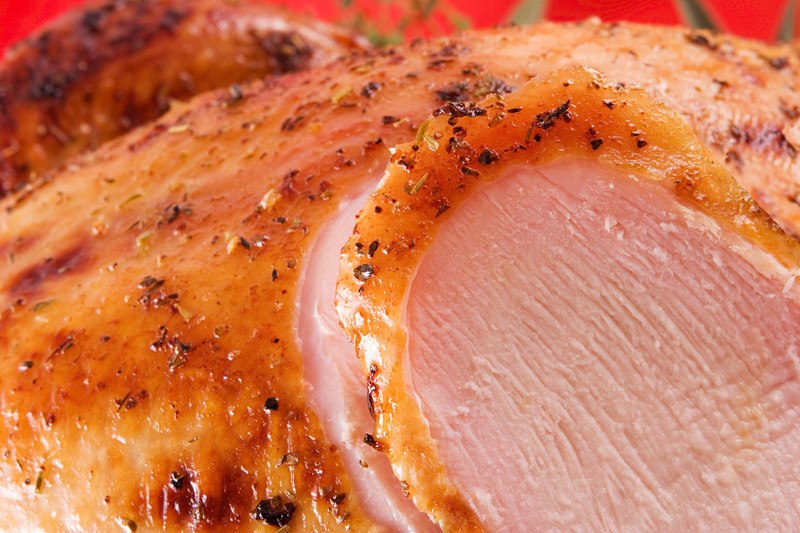
Turkey, chicken, and other poultry are good sources of lysine. Some cuts of poultry are also a good source of vitamin B12, also known as cobalamin. Cobalamin is sometimes used to treat cold sores and canker sores. A thick slice of dark turkey meat provides around 58% of the daily recommendation for vitamin B12.
Poultry is generally rich in B vitamins and other health-promoting nutrients, too, including vitamin B6, or pyridoxine. Pyridoxine is important for fighting cold sores because it helps create antibodies that fight infection. A slice of stewed chicken breast provides around 43% of the daily recommendation for vitamin B6, while a slice of dark turkey meat provides around 28%.
Quinoa
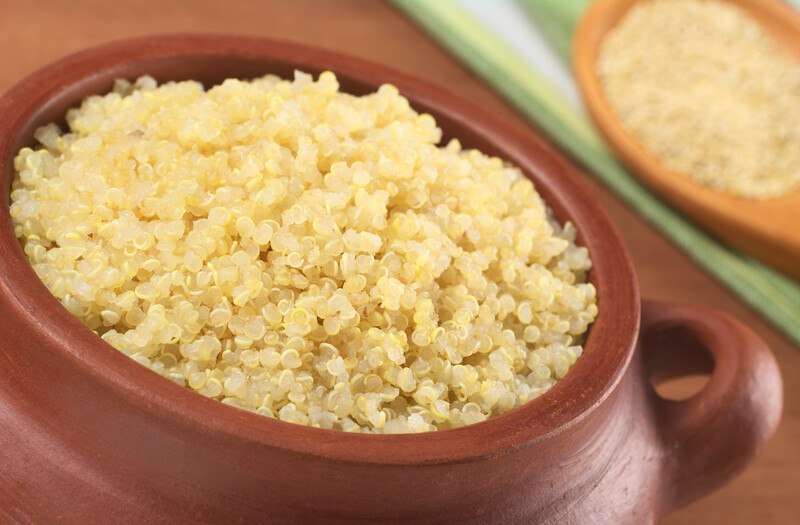
Quinoa is a seed that’s rich in both protein and fiber. It’s sometimes used as a substitute for rice, and it’s rich in several vitamins and minerals. These include thiamin, riboflavin, folate, iron, magnesium, and manganese. A one-cup serving of quinoa also contains around 19% of the daily recommendation for fiber.
When it comes to fighting cold sores, quinoa is a well-balanced choice. A cup of cooked quinoa provides around 21% of the daily recommendation for lysine, as well as 18% for vitamin B6.
Eggs
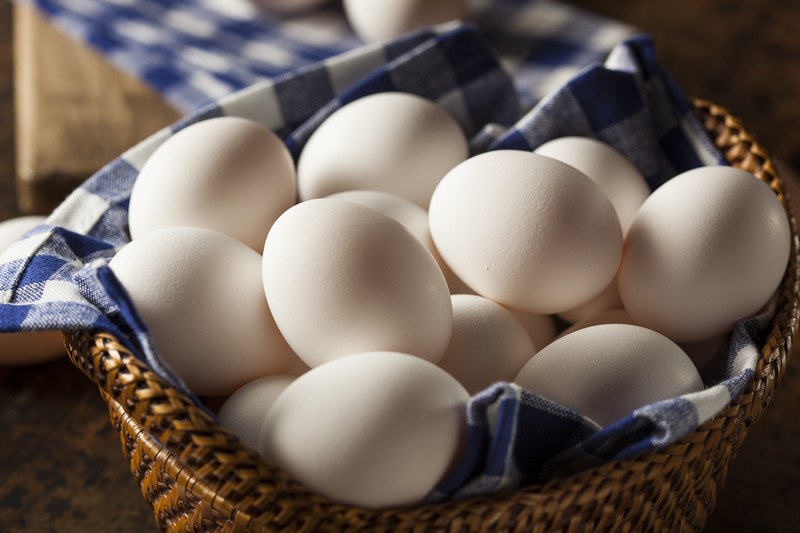
Eggs are a powerhouse food for many reasons. They’re rich in protein and carb-free, so they fit well with eating plans such as the ketogenic diet. They help raise good cholesterol and reduce blood triglycerides. Eggs are also an excellent source of choline, a type of B vitamin that plays a role in brain function, energy metabolism, and other body processes.
Eggs are also great for fighting cold sores. One egg contains around 22% of the daily recommendation for lysine, 19% for vitamin B12, and 7% for vitamin B6. It’s also rich in selenium, a trace mineral that helps promote the healing of cold sores. One egg provides around 28% of the daily recommendation for selenium.
Lentils
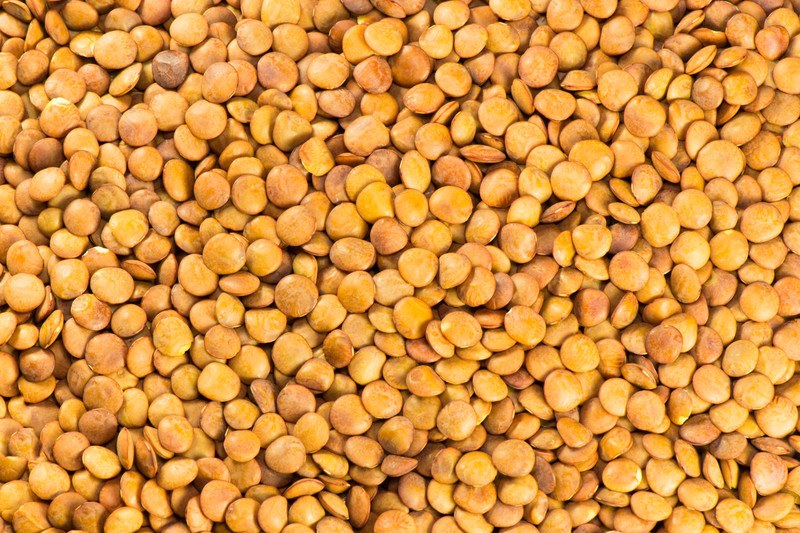
Like black beans, lentils are nutrient-packed legumes that contain high levels of lysine. A cup of cooked lentils provides around 59% of the daily recommendation for lysine, 27% for vitamin B6, and 10% for selenium.
Lentils are rich in fiber, too, which could promote gut health. Because a healthy gut microbiome promotes a healthy immune system, too, improving your gut health could prevent cold sore outbreaks. A cup of lentils provides around 57% of the daily recommendation for fiber.
Lentils are also a good source of folate, iron, potassium, magnesium, and zinc. Zinc could also help manage and prevent cold sore outbreaks.
Apricots

Many fruits, including apricots, are good for cold sores. Apricots and other orange-colored foods contain vitamin A, which could help prevent cold sores. One apricot provides around 4% of the daily recommendation for vitamin A, as well as 4% for vitamin C. Vitamin C, is important because it helps skin heal.
Apricots are also a good source of zinc, potassium, magnesium, iron, and several B vitamins. They’re also rich in fiber, which promotes a healthy gut microbiome.
Yogurt
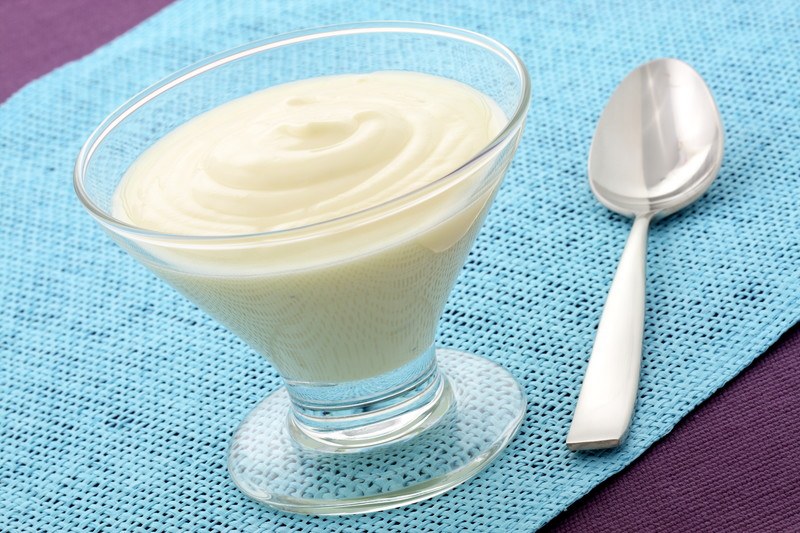
Yogurt is another food that builds a healthy microbiome to boost the immune system and fight cold sores. Instead of providing prebiotic fiber, though, yogurt provides probiotics—the good bacteria that live in the gut. These include organisms like lactobacillus acidophilus and Bifidobacterium.
Yogurt helps fight cold sores in other ways, too. It’s a rich source of selenium. One seven-ounce container of low-fat, plain Greek yogurt provides 45% of the daily recommendation for selenium. It also contains 43% of the daily recommendation for vitamin B12, 8% for vitamin B6, 11% for zinc, and 45% for lysine.
Yogurt is rich in other nutrients, too, including calcium, several B vitamins, and vitamin A.
Avocado
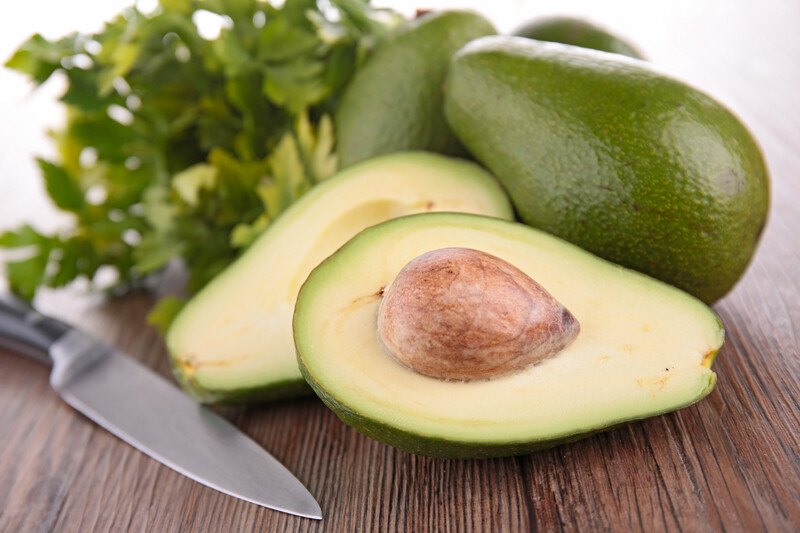
Avocados have a dense nutrition profile that provides several health benefits. They’re rich in fiber, with 36% of the daily recommendation for fiber in one fruit.
Avocados contain vitamin A, and they’re also rich in vitamins K and E. Vitamin E is great for skin health, so it could help heal and prevent cold sores. One avocado provides 14% of the daily recommendation for vitamin E, as well as 30% for vitamin B6, and 9% for zinc.
Avocado is also rich in healthy fats, including oleic acid. Oleic acid is well known for its role in supporting a healthy heart, but it also helps kill the virus that causes cold sores.
Tomatoes

Tomatoes are a versatile fruit that can be eaten as a side dish, tossed in salads, stewed in soups, or even dried. Sauces made from tomatoes are well-known bases for Mexican and Italian dishes, and they have several health benefits that extend beyond their delicious taste.
One cup of raw tomatoes provides 27% of the daily recommendation for vitamin C and 11% for vitamin B6, so they provide a decent boost to the immune system. They also contain vitamin A, several B vitamins, vitamin E, and minerals such as potassium, magnesium, and zinc.
Tomatoes contain lysine, too. A cup of raw tomatoes provides around 269 mg of lysine. A cup of tomato sauce provides around 0.1 grams of lysine or around 5% of the daily recommendation.
Lean Beef
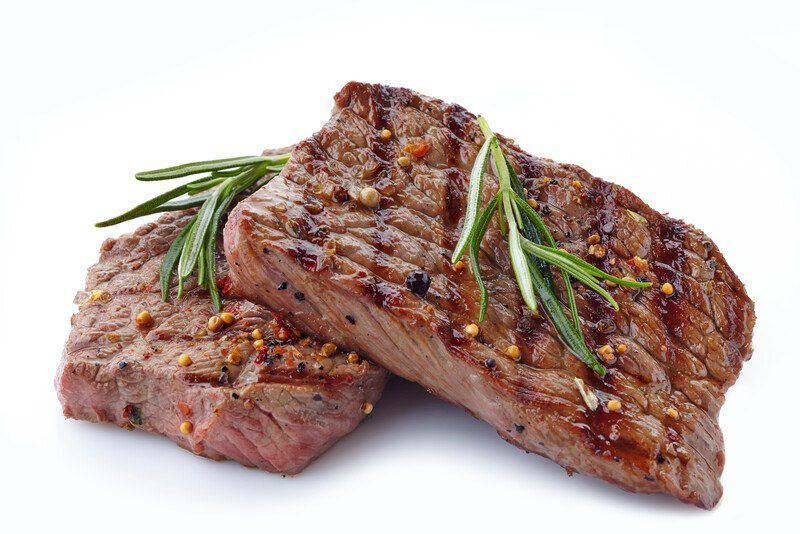
Lean beef is a great source of nutrients that fight cold sores. A four-ounce serving of 97%-lean ground beef provides 106% of the daily recommendation for vitamin B12, 35% for vitamin B6, 36% for selenium, 54% for zinc, and 98% for lysine.
Beef is another versatile food that mixes well in several dishes. It also provides several B vitamins, along with vitamins A and E, and it’s rich in minerals such as iron, potassium, and magnesium.
Salmon
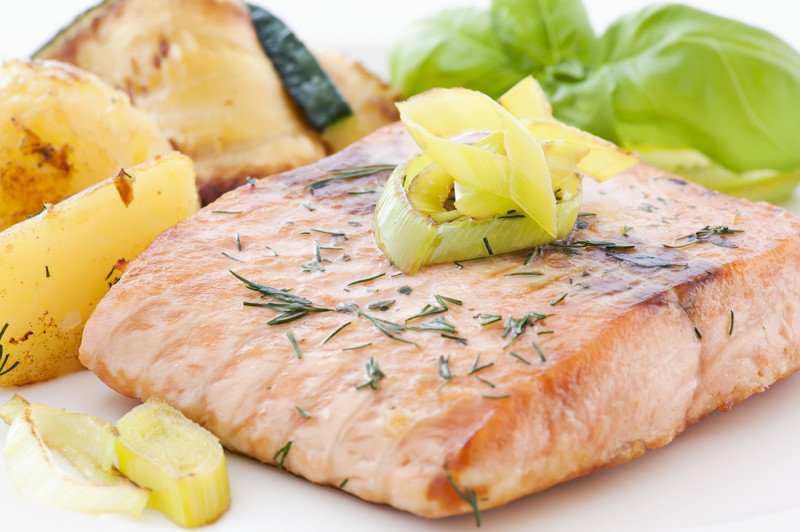
Like beef, salmon is an excellent source of protein—and that means it’s an excellent source of amino acids. Some sources indicate that there are around 2 grams of lysine in a 100 g serving of salmon.
Salmon is rich in other nutrients that fight cold sores, as well. A small salmon fillet provides 315% of the daily recommendation for vitamin B12, 80% for vitamin B6, and 80% for selenium. It’s a good source for vitamins A and E and the mineral zinc, as well.
One interesting thing about salmon is that it’s one of the best food sources for vitamin D. A small salmon fillet contains around 116% of the daily recommendation for vitamin D. That’s good news for people with cold sore symptoms because vitamin D plays a role in regulating the immune system.
Pears

Like apricots, pears are rich in many nutrients that could help prevent or heal cold sores and support general health. One pear contains around 20% of the daily recommendation for fiber, so it could help improve gut health and boost the immune system. One pear also provides around 9% of the daily recommendation for vitamin C, which could boost the immune system and help fight the virus that causes cold sores.
Pears contain vitamins A, E, K, and several B vitamins. Pears are also a good source of minerals, including potassium, magnesium, iron, and zinc.
Potatoes
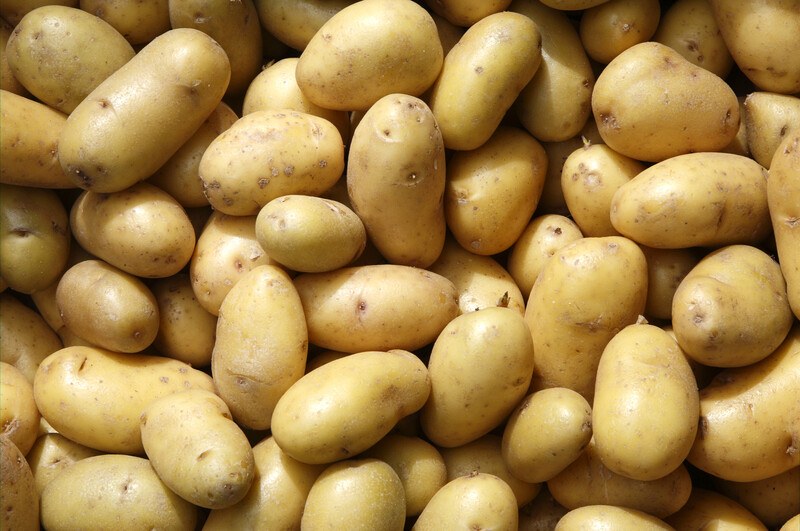
Potatoes are rich in several vitamins and minerals that could help prevent or heal cold sores. One small baked potato provides both zinc and selenium, as well as 55% of the daily recommendation for vitamin B6 and 25% for vitamin C.
Potatoes are also a good source of folate, several B vitamins, potassium, magnesium, and iron.
One small baked potato provides around 17% of the daily recommendation for fiber, too. Around a third of the fiber found in potatoes is a soluble fiber that helps boost the immune system by improving gut health.
Pumpkin Seeds
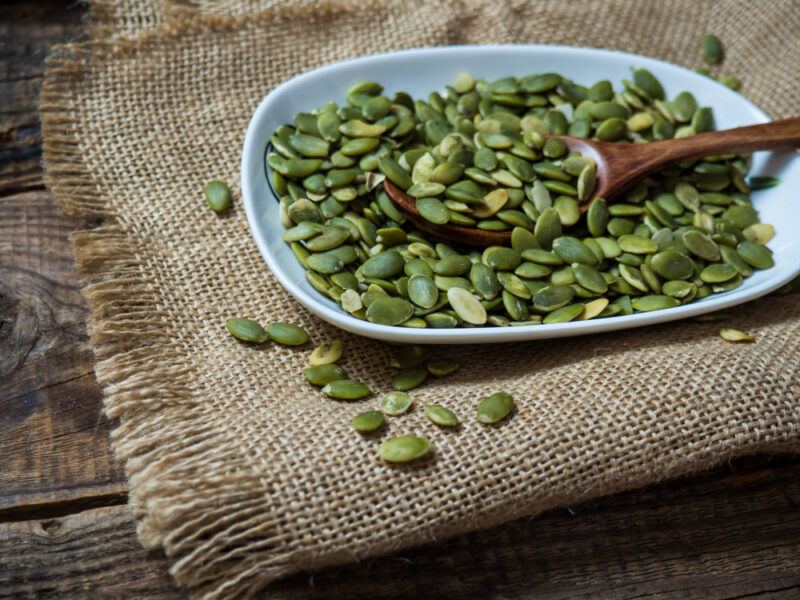
Pumpkin seeds make a delicious and easy on-the-go snack that contains several nutrients for helping to fight cold sores. One ounce of shelled pumpkin seeds provides 20% of the daily recommendation for zinc and 5% for selenium. Pumpkin seeds also provide vitamin E and several B vitamins.
They’re rich in protein, too. One ounce of pumpkin seeds contains around 17% of the daily recommendation for protein, with around 360 mg of lysine in a quarter-cup serving.
Cheese
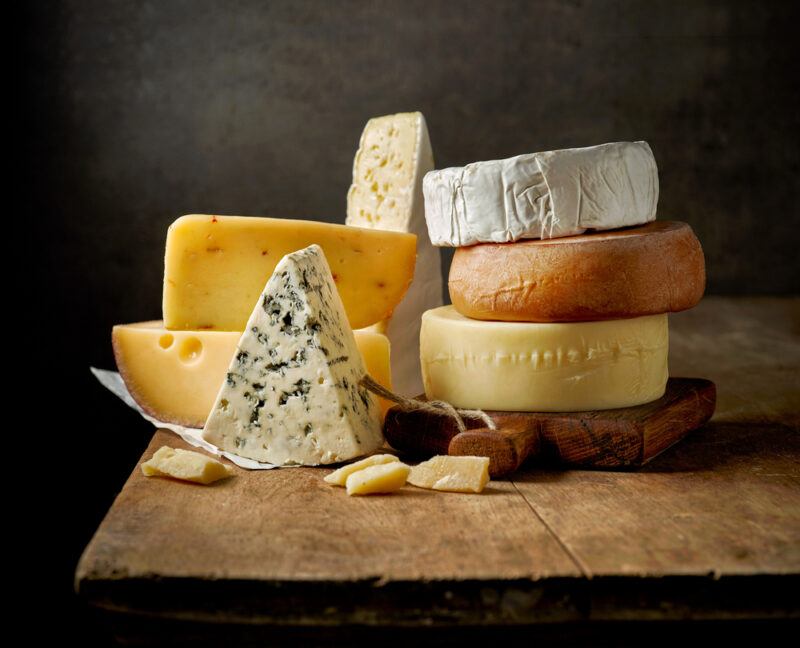
Like other dairy products, cheeses are relatively rich in lysine. A 200-calorie serving of feta cheese provides 923 mg of lysine, while a serving of mozzarella cheese provides 643 mg. A 200-calorie serving of Swiss cheese provides around 1360 mg of lysine.
Cheeses contain other helpful nutrients, too. For example, an ounce of Swiss cheese provides 11% of the daily recommendation for zinc, 15% for selenium, and 36% for vitamin B12. It also contains vitamins B6, A, and E, and it’s a great source of calcium.
Three Meal Ideas For Fighting Cold Sores Immediately
Now that you’ve read through the list of the 15 best foods for cold sores, let’s discuss some meals you could make to help heal and prevent cold sores.
Meal idea #1: Black Bean Chili With Avocado Slices
Black beans, tomatoes, and even lean beef are good sources of lysine. Avocado also provides healthy fats and fat-soluble vitamins. Both the black beans and the avocados help improve the gut microbiome—which, in turn, boosts the immune system and fights cold sore outbreaks.
Meal idea #2: Chicken And Quinoa
Chicken is rich in vitamins B6 and B12. Quinoa is a good source of lysine and fiber. You could make this combo more powerful by serving it with a dessert of apricots and yogurt.
Meal idea #3: Salmon With Baked Potatoes
Salmon is an excellent source of lysine and vitamins A, E, B12, and B6. Potatoes contain zinc, selenium, and vitamin B6. Potatoes also provide fiber, which builds gut health. A side salad made from chopped tomatoes and avocado cubes could add color and even more cold-sore fighting nutrients to this meal idea.

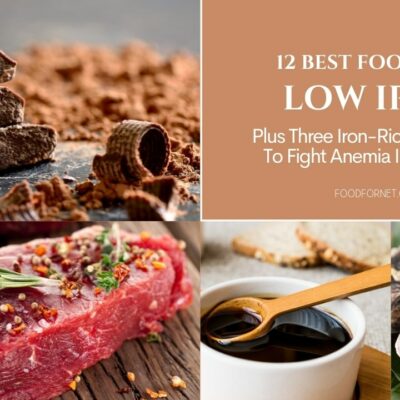

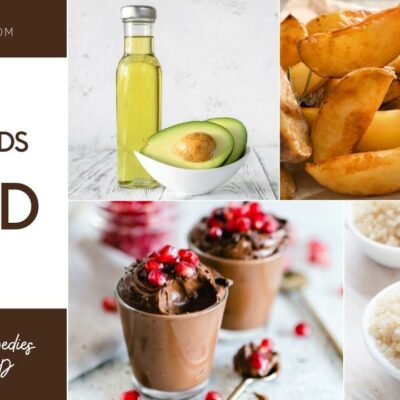
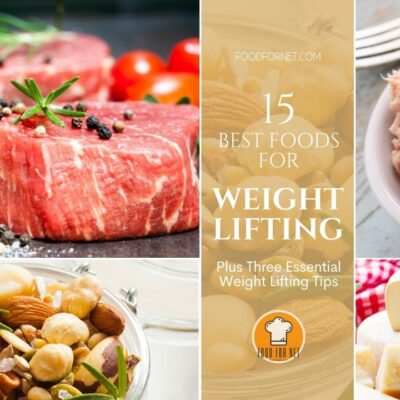
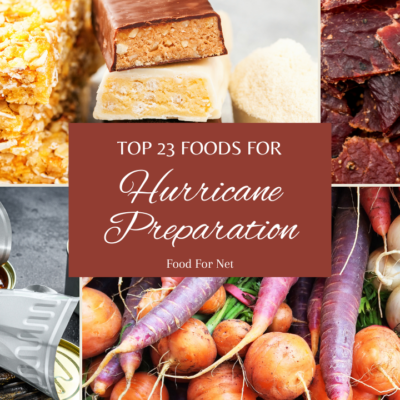

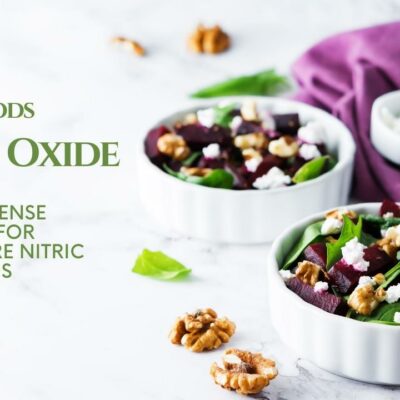
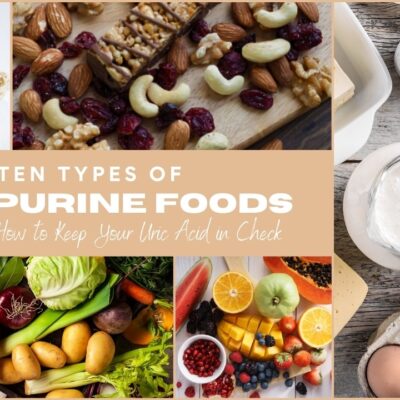

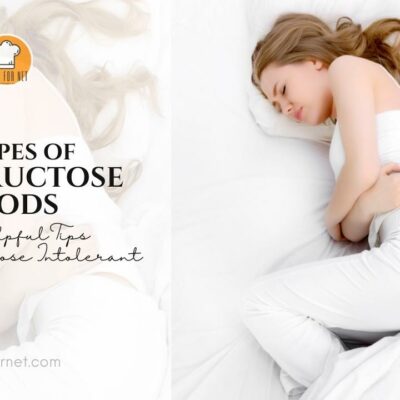
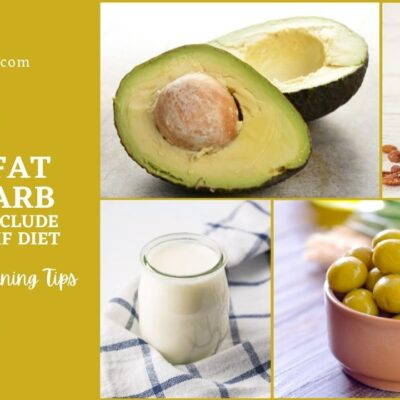
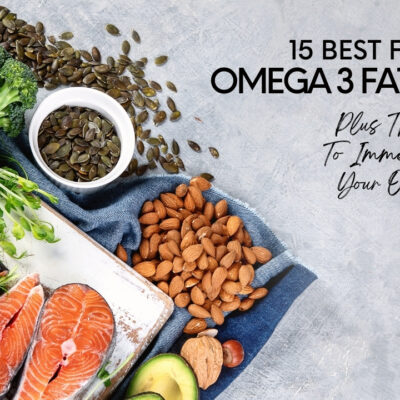
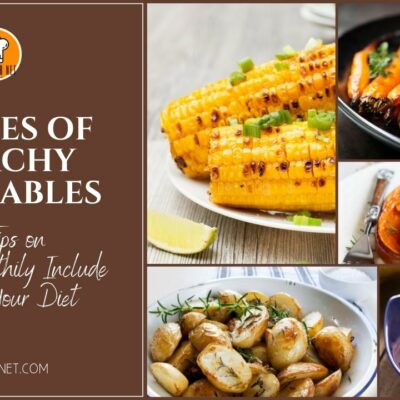
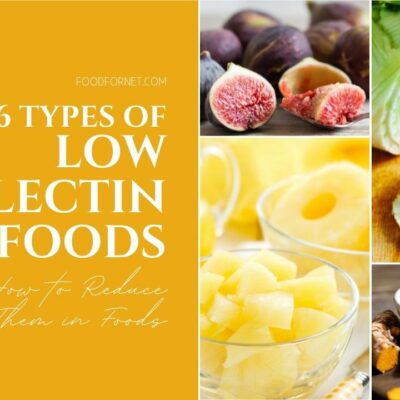


 Are Black Beans Good For You?
Are Black Beans Good For You?
Leave a Reply